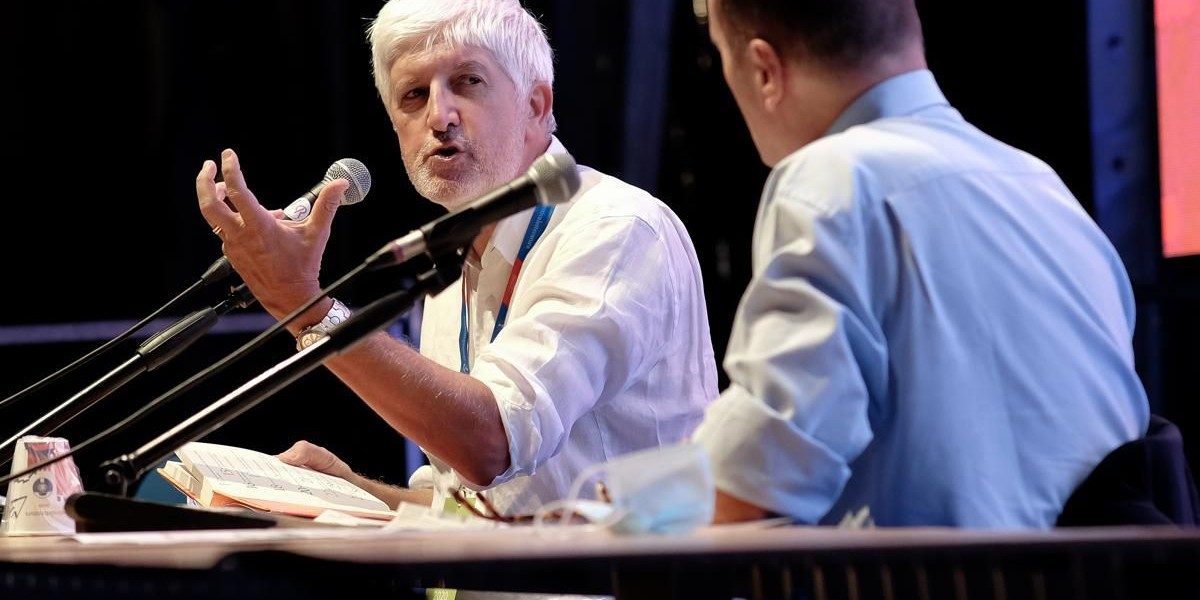
How the coronavirus pandemic revolutionised a nation’s character
Having been a guest at Festivaletteratura for 18 of its 24 editions,Beppe Severgnini kicks off today’s event with nostalgic recollection of the mask-free Mantua he remembers from previous years. His first attempt at a “national portrait” - La testa degli italiani - which dates back to 2005, depicts a very different Italy, “almost euphoric while unknowingly on the verge of the financial crisis”. Between then and his new book, which “looks at Italian politics, society and economy from an anthropological point of view”, both the author and his subjects of study have changed. The COVID-19 pandemic, which evokes long-forgotten memories of the 1920 Spanish flu, constitutes a “traumatic rift in the history of our nation, a history which in recent decades has been laden with seismic shocks rather than bland repetitions of the events of previous years”.
Severgnini, who has enthusiastically taken on the mission to document “changes in the gut instincts of this country”, laments the difficulty of sketching a vignette of a nation in continuous evolution. The pandemic triggered a sudden jolt in national consciousness leading to him penning his new book, which he considers “almost painfully current”. During the event, Severgnini describes the pandemic as a “truth machine” which casts a revealing light on people, relations, organisations and cities. His book, which deals with “a little bit of everything” – from the national health service to the evolution of language to law enforcement – is a celebration of Italian resilience amidst catastrophic conditions and a tribute to the nation’s moral character. Severgnini professes undying faith in a country which has been saved by “the expertise of science and the altruism of its people” and colourfully describes the “typically Italian anxiousness to appear like buffoons while being reluctantly forced to disclose their core serious-mindedness, civility, and respect for the law and their fellow citizens”.
Instead of looking at themselves through the hypercritical Anglo-Saxon lens, he argues, Italians must pride themselves on their common sense and on the lack of political violence, which he contrasts with “American grandeur against the background of their cities being patrolled by heavily armed militia groups” and “the British tendency to make of understatement their unofficial religion while phone masts are burnt down in the name of conspiracy theories”. His concluding remarks include a plea for the sensible use of ESM funds, which “should be consider as an opportunity for rebuilding our country much like a modern Marshal plan” and a tribute to his long-time friend, Luca Nicolini, who he pays tribute to in his book’s final chapter.



